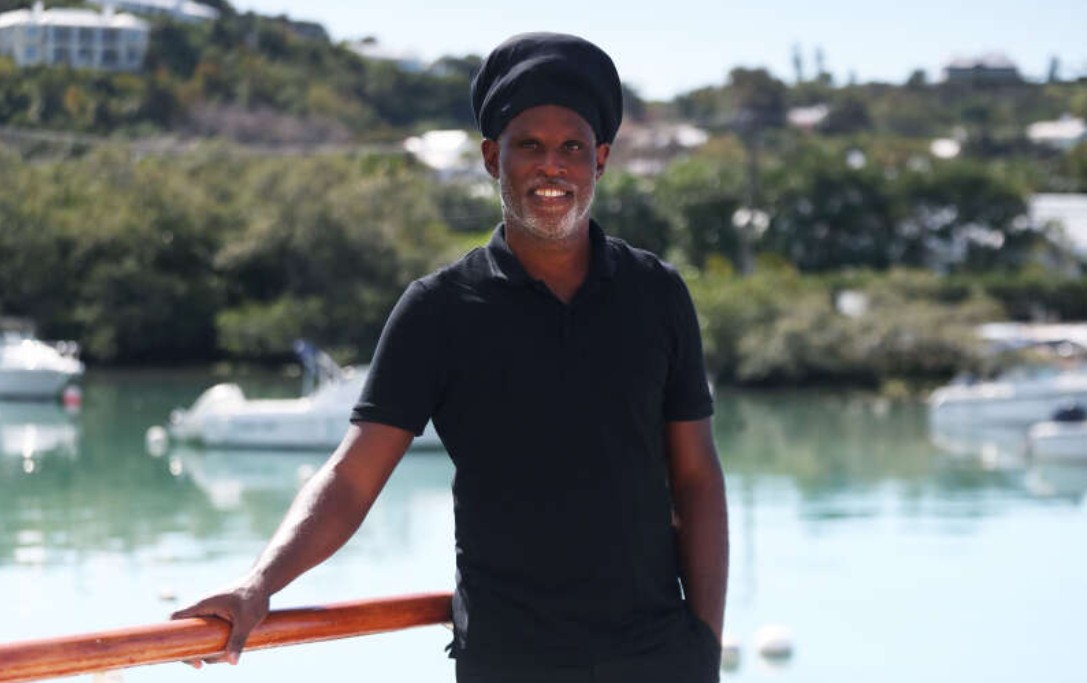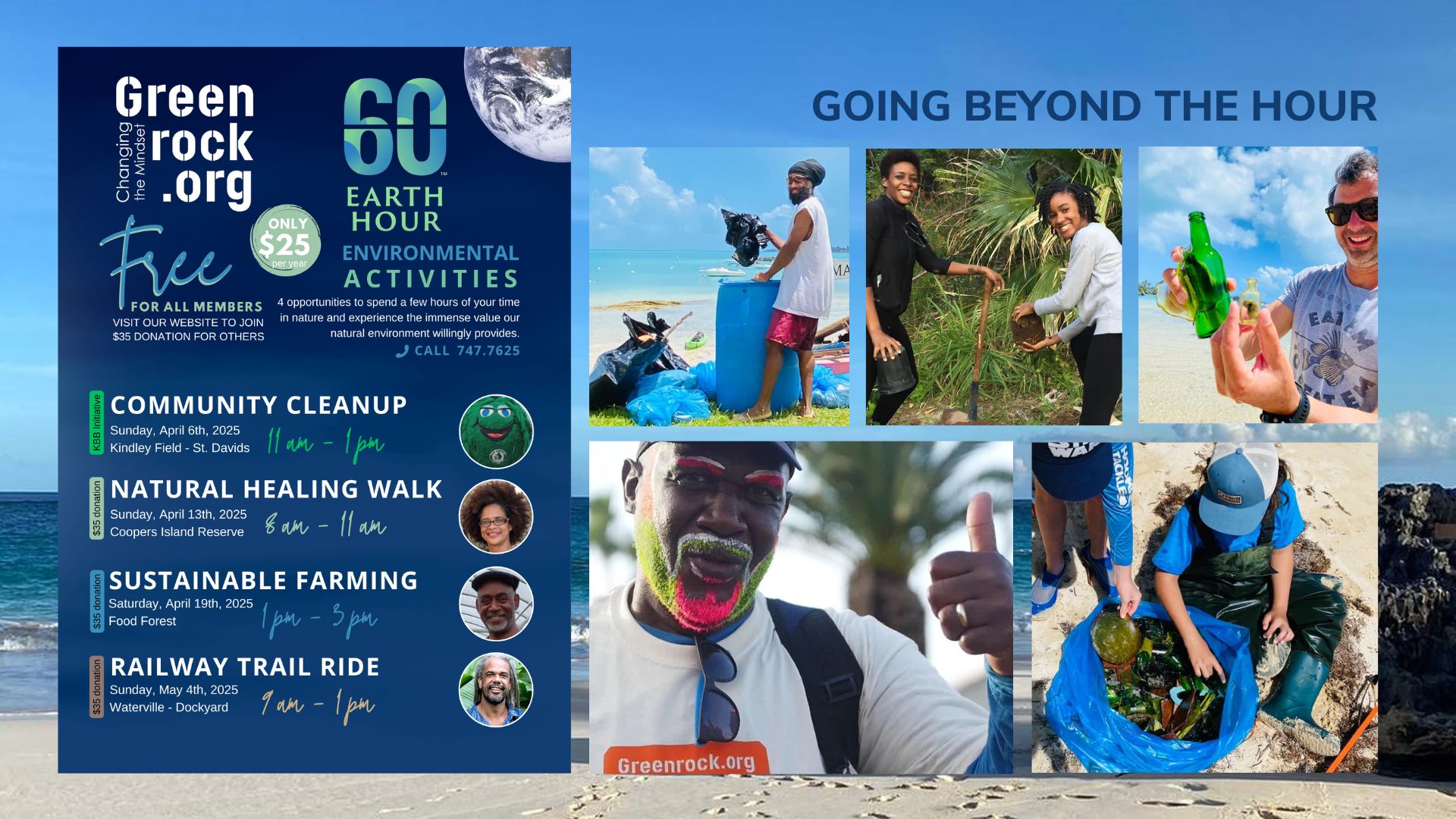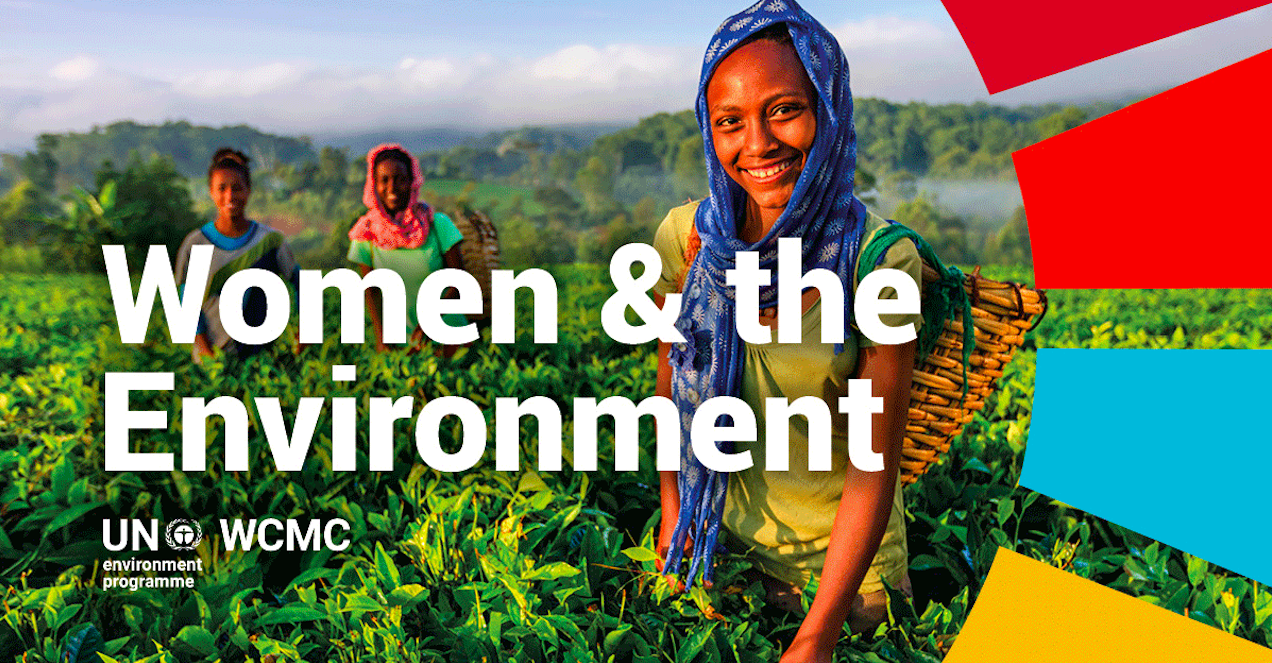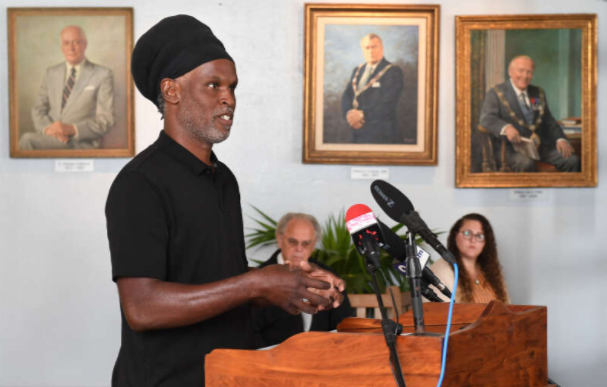- Details
A simple gesture to join a global environmental cause returns to Bermuda for its eighteenth year this weekend.
Businesses and homes were asked to join the Earth Hour movement by switching off unnecessary lights from 8:30 to 10:30 p.m. on Saturday.
The environmental charity Greenrock will offer a host of extra ecologically conscious activities during this year's commemoration, leading up to Earth Day on April 22.
Eugene Dean, the chairman of Greenrock, told The Royal Gazette: “There has been a misconception that Earth Hour is meant to save electricity — that’s not the idea.
“From a country perspective, the idea is that the parishes and major buildings go dark, which shows huge support for nature.
“This is a global initiative developed in response to the rapid loss of nature that has accelerated over the last 50 years.
“The hope is that the support leads to action by leaders that put legislation or programmes in place that support the preservation of nature.”
Mr Dean said the Hamilton Princess & Beach Club had “come on board with Earth Hour as an iconic location” and that there were “other companies that we are in communication with, in the hope that they will participate.”
“At this time of year, we’re always happy to share and communicate with the likes of the Corporation of Hamilton, the Corporation of St George and the Bermuda Land Management Corporation.”
Greenrock will also host a live broadcast on Earth Day from 8 p.m. to 10 p.m. on Channel 82 and the charity’s YouTube channel, featuring interviews on local environmental issues.
Additionally, this Earth Hour will honour the role of women in environmental preservation and sustainability.
Mr Dean said that homes and businesses would not need to go completely dark for Earth Hour but make a show of switching off unnecessary outdoor lighting for 60 minutes in support.
He added: “Some may choose to turn their lights off and use Earth Hour as an opportunity to reflect on life and our impact on nature.
“The key thing is what we do beyond the hour. That’s where the idea of giving an hour for the Earth comes in. This is a concept called time-banking, which is consistent with what the World Wildlife Fund is calling for.
“It’s not just about what we do during Earth Hour, which is largely symbolic, but what we do beyond it.”
Mr Dean asked residents to visit the Greenrock website to register for events spanning the lead-up to April 22 as a way of “committing time to nature and positive action”.
He said, " We anticipate continuing our campaign with radio appearances and talks in schools and companies from now until Earth Day.”
Saturday night also includes a Sacred Earth Circle, which will be held from 8 p.m. to 10 p.m. at the Treehouse yoga and wellness hub on Trott Road, off Church Street in Hamilton.
A community clean-up, in partnership with Keep Bermuda Beautiful, will be held on April 6 along Kindley Field in St George’s from 11 a.m. to 1 p.m.
On April 13, a “natural healing walk“ from 8 to 11 a.m. will take participants around the Cooper’s Island reserve in St David’s to explore wild edible plants.
A presentation on sustainable farming will be held on April 19 from 1 to 3 p.m. at the Food Forest Agricultural Centre in Sandys.
On May 4, members of the public are encouraged to join Myles Darrell of the Bermuda National Trust from 9 am to 1 pm for a bicycle tour of the highlights of the Railway Trail, setting out from the trust’s headquarters at Waterville in Paget to Dockyard.
Details and registration links are on the Greenrock website.
Mr Dean said: “We’re also encouraging people to do things independently. We have a list of ideas on our website for spending time in nature, learning about nature, giving at least an hour to restoring nature, and inspiring others to learn about nature.”
He said that there had been “a huge loss in our connections with nature across the community”.
“What I do find is that the children are more inclined towards nature. They are motivated and inspired,” Mr Dean added.
“I get a lot of hope and inspiration from engagement with young people.
“A major challenge is that the adult population can set a poor example in that regard.”
- Details
Throughout the Earth Hour Campaign, we host a range of environmental initiatives, such as a Sacred Earth Circle during lights out, a community cleanup, a bike ride through the railway trails, a sustainable gardening workshop, school visits, lunch and learns, educational presentations, and a natural healing walk to inspire environmental action, teach sustainable practices, raise awareness about biodiversity, and encourage respect for the natural world. These initiatives are open to all ages, so we welcome schools, businesses, families and community organizations to get involved.

Sacred Earth Circle
Switch off your lights and join Naturopath and Spiritual Teacher Dr. Kathia Roberts from SOAR Journeys and Ashley K. Gardener, Bermuda's renowned Geo Love Master Healer, for a Sacred Earth Circle at Spirit House during Earth Hour, the largest global movement for nature. This event is more than a moment of reflection; it's a call to action. With Dr. Kathia’s & Ashley's guidance, we'll tap into the earth's powerful energies, nature’s elements, and earth-based shamanic practices, fostering a movement of harmony far beyond the hour. Be part of this transformative Earth-healing journey. Mark your calendars for an unforgettable experience of unity, healing, and global awakening.
Natural Healing Walk
Join us on Sunday, April 13th for an immersive experience that helps people connect with nature, ground themselves, and learn about wild edible plants can be both transformational and educational. Roots and Remedies: A Journey into Nature’s Healing involves a holistic approach that incorporates sensory engagement (sight, taste, touch, smell) and body-mind alignment with nature, blending knowledge with practice in a way that is both practical and healing. The purpose of the initiative is to guide participants in connecting with nature, grounding themselves, and learning how wild edible plants can heal, nourish, and support sustainable living practices. Be astonished by the flavours we encounter in the wild; from scurvy grass to the sea purslane, which has a distinctive salty taste, it’s all there to be discovered. Sign up today for an experience that promises to enlighten your five senses, deepen your appreciation for nature, and strengthen your connection with self.
Railway Trail Ride
Did you know that there were railway trails from Hamilton to Somerset Village? If so, have you experienced them all? If your answer is no to either of those questions you should meet us at Waterville on Sunday, May 4th for a special experience travelling through some of Bermuda's most unique nature reserves on a pleasant ride from Hamilton to Dockyard and a complimentary trip back to Hamilton on the ferry. Myles Darrell of the Bermuda National Trust will lead the ride to share his knowledge about nature reserves and historical sites through the trails. We'll also discuss the diverse plant species, examine the limestone formations, ride through various terrains, smell the natural aromas, and capture the breathtaking views. And by the way, if your answer is yes to those same questions, you already know how amazing it is and will need no encouragement to attend. FYI: Several local vendors will rent you a pedal bike or an e-bike should you need one. Contact us for help.
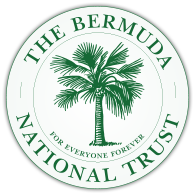
Sustainable Farming Workshop
Join us on Saturday, April 19th for a walking tour of FoodForest. An ecological microsystem of biological sustainability that incorporates several varieties of fruits, vegetables, roots, berries, and nuts. Learn how regenerative agriculture is the only alternative to the fragile micro system our communities depend on. This educational experience is free for Greenrock members. Fresh, organic vegetables will be for sale.
Community Clean-Up
Join us on Sunday, April 6th for a KBB Community Clean-Up. Volunteers will meet at Kindley Field in St. Davids. Groups will spread out from there to clean various locations in the area. KBB will provide gloves, trash bags, recycling bags and litter grabbers. Remember to wear a hat and bring your reusable water bottle.
- Details
Overview
Earth Hour LIVE aired on Channel 82 and greenrock.org Saturday, March 23, 2024 from 6:30 pm to Lights Out at 8:30 pm. The annual 2-hour program featured conversations with Health Coach and Om Juicery Owner Preston James about living in harmony with nature, Renown Economics Educator Craig Simmons about Donut Economics, Co-CEO of Take Five Catering Stefan Borchardt about waste reduction strategies for large events, and Agronomist Omari Dill about achieving sustainability from an ecological perspective. The program also included official highlights from Earth Hour 2023, Earth Hour Bermuda flashbacks from 2015 and 2019, and an intriguing presentation from Renegade Economist Kate Raworth on Donut Economics.
This year, Earth Day Live will be broadcast on Channel 82 and our website, greenrock.org, from 8 pm to 10 pm on Tuesday, April 22, 2025.
Purpose
- To strengthen our connection with nature, inspire environmental action and raise awareness about sustainable living.
Time and Date
- 8:00 pm - 10:00 pm Tuesday, April 22, 2025
This year’s broadcast includes the following topics:
-
Official Highlights from Earth Hour Live 2024
-
Opening Comments | Eugene Dean | Host and Greenrock Chairman
-
The Role of Women in Environmental Preservation & Sustainability
-
Featured Guests to be determined
Have you missed our previous LIVE Broadcasts? If so, you can take a look at them here!
- Details
Greetings, Bermuda,
At Greenrock, we are thrilled to announce a transformative focus for this year's Earth Hour campaign. As we mark yet another year of encouraging Bermuda to participate in the world’s largest nature-positive movement, we are embracing our leadership role in environmental awareness by introducing an innovative practice: time banking.
Earth Hour is an annual call to action that reminds us to reflect on the nurturing values of "Mother Earth" and the stewardship embodied by "Father Time". This year, we are highlighting the vital role of women in environmental protection, recognizing how their nurturing qualities can inspire a more sustainable future.
Additionally, we are introducing time banking as a powerful tool for resource management. In times of economic uncertainty, time itself becomes a valuable currency. By recognizing time as a universal asset, we can create a system where community members exchange hours of service, fostering collaboration, resilience, and shared prosperity.
On March 22, 2025, as we switch off our lights for one hour, we encourage you to capitalize on the moment Earth Hour presents for meaningful reflection, make a collective statement in support of nature by taking environmental action together, and use time banking on greenrock.org to record every hour you give for Earth.
Through collective action and reflection, this approach can help us live in harmony with “Mother Nature”. We can also strengthen our community connections by leveraging our most valuable resource “Father Time” to build resilience, solidarity, and trust.
This Earth Hour comes at a pivotal moment in history. As we face escalating environmental challenges, the need for bold, sustainable solutions has never been more urgent. Greenrock is committed to turning awareness into action through innovative initiatives that make a tangible difference.
This year our Earth Hour Campaign will extend through to Earth Day and our live broadcast on April 22, 2025, reinforcing the importance of collective action and long-term change. This is more than just one hour - it’s about going beyond the hour, embracing a new mindset that fosters sustainable living and the responsible management of our resources.
The question is no longer whether change is needed - it is whether we are willing to embrace it.
Join us. Stand with us. Support us. Take responsibility.
Together, let’s work with “Mother Nature” and utilize “Father Time” to protect, respect, and restore our one shared home.
Peace & Love,
Eugene Dean
Chairman
- Details
Greetings, Bermuda.
Today, I am honoured to announce the launch of yet another Earth Hour campaign for Greenrock. The 2025 campaign marks the 18th consecutive year we have encouraged Bermuda to participate in the world’s most significant nature-positive movement by switching off lights for 60 minutes and giving an hour for Earth.
Earth Hour is not just another awareness initiative—it is a call to action, a challenge for all of us to reflect on the consequences of our choices, the unprecedented loss of nature, and the systematic dismantling of our connection to the planet. The questions we pose to you are simple, yet profound:
Why is it necessary for an environmental charity like Greenrock to exist? Why do we also need the Bermuda National Trust, Keep Bermuda Beautiful, the Bermuda Environmental Sustainability Taskforce, Bermuda is Love, or the Beyond Plastics Campaign? Why must we continue speaking publicly about the rapid loss of nature?
This decline is not happening in isolation. It is part of a broader, systematic breakdown of the very systems that sustain life itself—the systems that have nurtured our families, our communities, and our planet for generations. Somehow, in our relentless pursuit of "progress," we have turned our backs on nature, the very force that gives us life.
Just as strong communities rely on a foundation of care and responsibility, our planet thrives when we respect and nurture it. Despite our intelligence and understanding of fundamental ecological principles, we find ourselves at a point where disregard for environmental responsibility has led to the degradation of our natural world and increasing division within our communities. If our path is one of progress, why do we find ourselves so disconnected from nature—the source of our existence?
Why is there still a need to have conversations about keeping our island litter-free? Shouldn’t that be second nature to us by now? Why do we routinely trash venues during public events? Why do we continue to rely on polluting technologies despite the availability of alternatives when clean air and water are essential to our survival?
Have we really evolved? Have we indeed progressed? Or has our pursuit of development come at the cost of what truly sustains us? If we don’t change course now, what will be left for future generations?
This year’s Earth Hour—on Saturday, March 22, 2025—comes at a defining moment in history. With significant environmental rollbacks, renewed prioritization of fossil fuels, and global climate commitments being questioned, we cannot wait for policymakers to change course. The future of our planet rests in our hands.
That is why Greenrock is not just raising awareness—we are taking action. Our goal is to raise significant funding during this campaign to support key environmental initiatives, inspire nature-positive action, and ensure that our community is actively engaged. Through our programs, we are investing in proven education initiatives such as the Green Building Forum and the Living Green Expo, grassroots advocacy through the Clean Air Coalition, targeted research on renewable energy solutions, and relentless engagement with key stakeholders to develop tangible solutions that combat pressing challenges such as soaring energy prices, air pollution, overconsumption, and excessive waste.
But we cannot do it alone. We need corporate sponsors, private contributions, individual members, and corporate supporters. We also invite you to sign up for our environmental activities, which have been a massive success in recent years, or register your commitment to give an hour for Earth by doing something you love.
The Earth Hour Campaign will run through Earth Day on April 22, 2025, focusing on the power of people to create positive outcomes and inspire systemic change. This is about more than just switching off the lights for an hour. It’s about switching on a mindset shift—a commitment to sustainable living, responsible choices, and collective action.
The question is no longer whether we need change—it is whether we are willing to change.
Join us. Stand with us. Support us. Take responsibility.
Together, let’s ensure that we protect, respect, and restore the only home we have.
Peace & Love,
Eugene Dean
Chairman
© 2018 Greenrock Bermuda | All Rights Reserved | Web Design & Development

